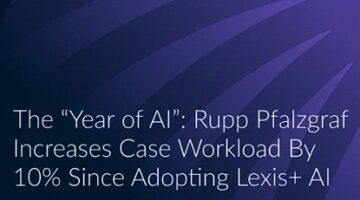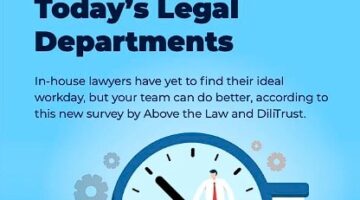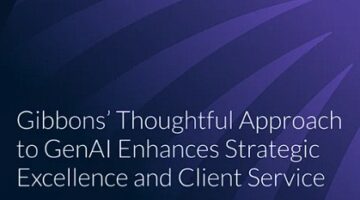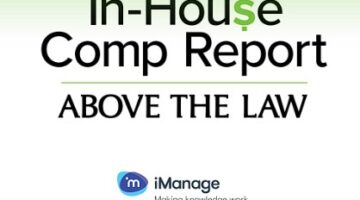

Whole New Meaning To Judicial Restraint — See Generally
Judge Learns Handcuffing Lawyers Is Frowned Upon: Texas judge charged after allegedly cuffing an attorney mid-hearing.
Disbar Them All: Lawyers have to come together as a profession and make sure the Trump administration’s lawyers never practice again.
Judge Skeptical That Trump Can Unilaterally Blow Up Historic Buildings: The East Wing is gone, but the legal fight continues.
Tip For Professor Richard Epstein… Shutting Up Is Still Free: Law professor who faceplanted on COVID insists now declares he’s figured out that everyone has been wrong about the Fourteenth Amendment for a century or so. He is incorrect.
Law School Merger Mania: Regional institution is exploring long-distance merger.
Stroock Calls It After 150 Years: The storied firm dissolves, reminding everyone that nothing is forever.
Law Firm Jet Crash Leaves No Survivors: Tragically, a firm-owned plane went down with no survivors.

Judge Charged For Handcuffing Attorney — See Also
Didn’t Teach The Lesson You Intended To: Not a smart move from a judge.
Nothing Says Fighting The KKK Like Arresting Black Journalists: The Don Lemon arrest is just the tip of the iceberg.
Trump Sues IRS For $10B: You can just make up whatever numbers you want when you’re president.
The FTC Is Coming For The Mansfield Rule: They’re trying to turn hiring minorities in to a Sherman Act violation.
Death Is Off The Table: Luigi Mangione scores huge legal win.

The Biglaw Firm Working To Overturn One Of Sports’ Biggest Injustices
An important step in Chiles's quest for her rightful bronze medal.

How Appealing Weekly Roundup
The week in appellate news.

Epic vs. Health Gorilla: Inside The Battle Over Who Controls Your Medical Records
Epic’s lawsuit against Health Gorilla is less about one alleged data misuse scheme and more about a deeper fault line in healthcare interoperability.































